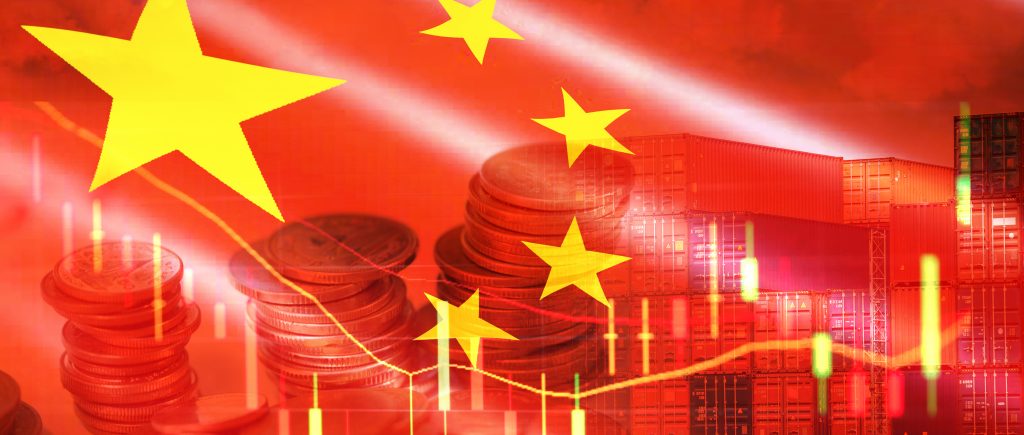China’s rapid ascent from a developing nation to a global economic powerhouse in the early 21st century was nothing short of astonishing. Fueled by massive investments and a seemingly insatiable appetite for commodities, the country became the world’s factory and a key driver of global growth. This era witnessed a surge in trade, investment, and economic prosperity for many countries, particularly those rich in natural resources.
Rise and Fall of the Chinese Economic Miracle
However, this rapid expansion was built on unsustainable foundations. Years of excessive stimulus spending resulted in a burgeoning debt burden, while policy shifts under President Xi Jinping dampened entrepreneurial spirit and strained relations with key trading partners. Consequently, China’s economic growth has decelerated significantly, triggering a ripple effect across the globe.
Debt Trap Diplomacy: The Perils of Chinese Lending
A cornerstone of China’s global influence has been its aggressive lending strategy, exemplified by the Belt and Road Initiative. While these infrastructure projects aimed to boost economic development and connectivity, they often led to unsustainable debt burdens for recipient countries.

Source: researchgate.net
The table above highlights the significant exposure of several developing countries to Chinese loans. This, coupled with the often opaque nature of these lending agreements, has exacerbated economic crises in countries like Sri Lanka and Zambia.
Global Economic Fallout: The Ripple Effects of China’s Slowdown
The ramifications of China’s economic slowdown extend far beyond its borders. Reduced demand for commodities has negatively impacted exporting nations, while the influx of cheap Chinese goods has disrupted markets and challenged domestic industries in many countries.
Even developed economies like Germany have felt the pinch due to their overreliance on the Chinese market. The United States, while less directly exposed, faces challenges from increased competition and disrupted supply chains.
The Looming Debt Crisis: Echoes of the 1980s
The current situation bears an unsettling resemblance to the debt crisis of the 1980s. Developing countries are once again saddled with unsustainable debt, raising the specter of defaults and financial contagion. The long-term implications for global development and poverty reduction are profound.
Broader Economic and Geopolitical Implications
China’s economic slowdown is likely to have far-reaching consequences that will reverberate for years to come. Potential long-term impacts include:
Slower global growth: A prolonged Chinese slowdown will dampen global economic growth, impacting international trade, investment, and commodity prices.
Increased geopolitical competition: As China’s economic influence wanes, other countries may vie to fill the void, potentially leading to heightened geopolitical competition.
Shifting global trade patterns: Countries may seek to diversify their trading partners and reduce reliance on China, reshaping global supply chains.
Financial instability: Debt crises in developing countries could trigger a domino effect, destabilizing entire regions and affecting global financial markets.
A Path Forward: Global Cooperation and Responsible Lending
Addressing the challenges posed by China’s economic slowdown requires a concerted global effort. Wealthy nations can play a crucial role by offering debt relief, increasing market access for vulnerable economies, and supporting economic diversification efforts.
Engaging China constructively is essential, but geopolitical tensions and the country’s opaque lending practices complicate these efforts. The international community must find ways to incentivize China’s cooperation in fostering a more stable and sustainable global economic order.
Ultimately, the world needs a new economic paradigm that prioritizes sustainability, inclusivity, and resilience. By working together, countries can mitigate the risks associated with China’s slowdown and build a more prosperous and equitable future for all.
 Noor Trends News, Technical Analysis, Educational Tools and Recommendations
Noor Trends News, Technical Analysis, Educational Tools and Recommendations





